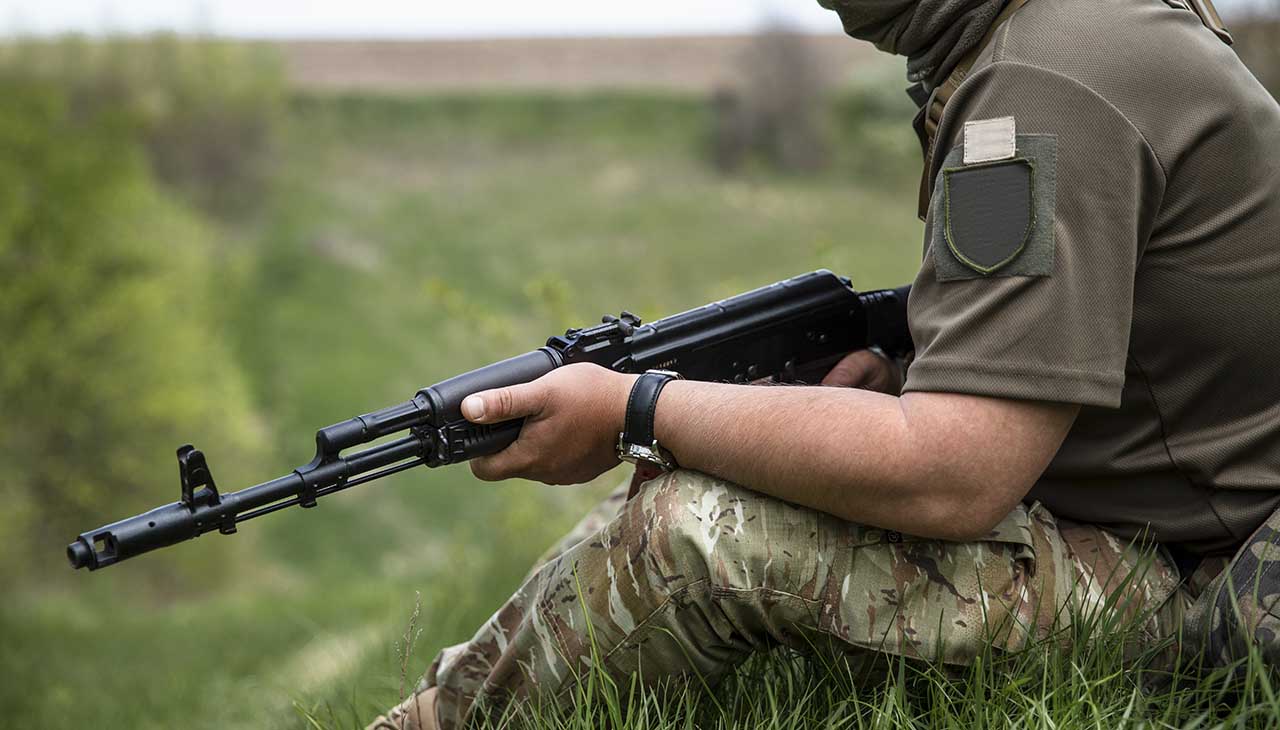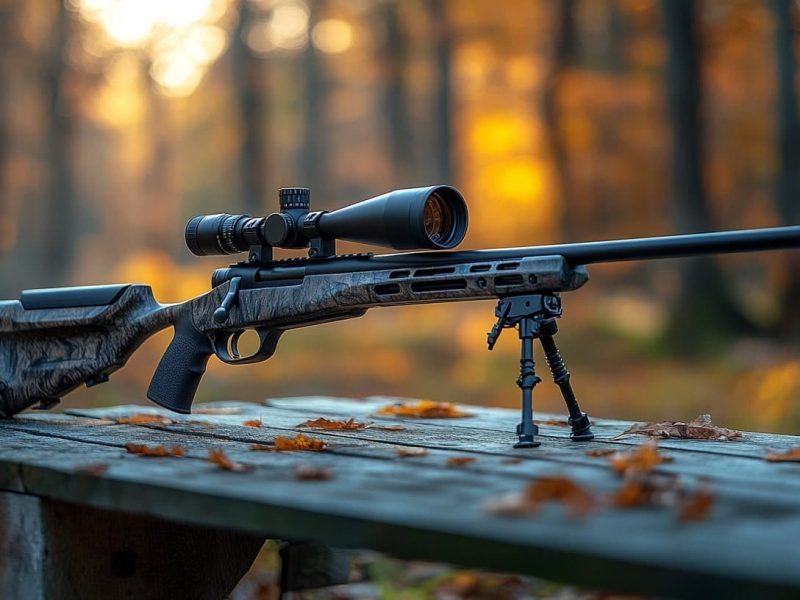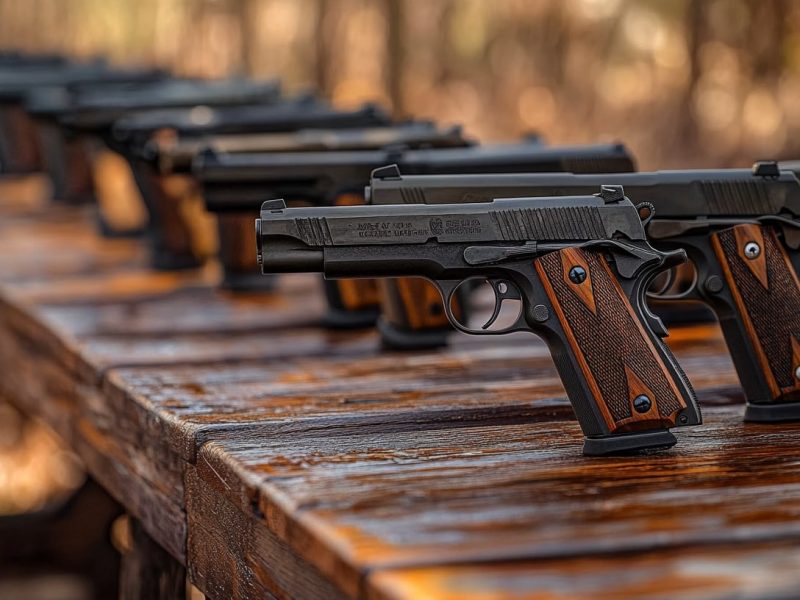Venturing into the used gun market can be akin to navigating a vast, unknown territory filled with potential treasures and pitfalls. Whether you’re a seasoned collector seeking to expand your arsenal, a sportsman in search of a specific firearm for your next hunt, or a newcomer aiming to make their first purchase without breaking the bank, understanding the ins and outs of buying pre-owned firearms is crucial. This guide aims to equip you with essential tips and tricks to make informed decisions, ensuring you find a reliable, safe, and value-for-money piece that meets your needs.
Research and Preparation
Understanding the Types of Guns Available
Before venturing into the pre-owned market, it’s important to have a good grasp of the different types of guns available and their intended use. Broadly, firearms can be categorized into handguns, rifles, and shotguns. Each category serves a different purpose; handguns are often used for personal defense, rifles for precision shooting and hunting, and shotguns for sports shooting and hunting birds or small game. Familiarize yourself with the specifics of each type, including popular models, to better align your search with your needs.
Setting a Budget
Determining your budget beforehand is crucial in the used gun market. Prices can vary greatly depending on the firearm’s condition, rarity, and demand. Establish a realistic budget that considers not only the initial purchase cost but also any additional expenses such as modifications, repairs, or necessary accessories. Remember, the goal is to find a good deal that offers the best value for your money without compromising on quality and safety.
Researching Reputable Sellers or Platforms
Once you have a clear idea of what you’re looking for and how much you’re willing to spend, the next step is to find reputable sellers or platforms through which to make your purchase. Start by asking for recommendations from knowledgeable friends or family members who are familiar with the used gun market. Online forums and communities can also be valuable resources for finding trusted sellers. Additionally, consider visiting local gun stores or shows where you can inspect firearms in person and ask questions directly to the sellers.
Inspection and Evaluation
Checking the Condition of the Gun
Inspecting the condition of a used gun is paramount before making a purchase. Start with a visual examination for any signs of wear and tear, rust, or modifications. Check the barrel for obstructions or damage and ensure that all components fit securely and operate smoothly. Don’t forget to inspect the bore; a shiny bore with sharp rifling is a good indicator of a well-maintained firearm. It’s also prudent to examine the firearm for any unauthorized modifications, which could affect its safety and legality.
Verifying the History of the Gun
Understanding the history of the firearm is just as important as examining its physical condition. If possible, request documentation or records pertaining to the gun’s previous ownership, usage, and maintenance. This can include receipts, repair records, or a log of rounds fired. Verifying the history can provide insights into how well the firearm was maintained and if it has been involved in any incidents or recalls. Additionally, ensure that the serial numbers are intact and match any provided documentation to confirm the gun’s authenticity and legal status.
Testing Functionality if Possible
Whenever feasible, testing the functionality of a gun before purchasing can provide assurance of its performance and safety. If buying from a local seller or shop, inquire if there’s an option to fire a few rounds at a range. While firing, pay attention to the gun’s operation, ensuring it cycles correctly, ejects casings properly, and accurately hits the target. If testing is not possible, consider asking for a return policy or warranty that allows you to test the gun under safe conditions post-purchase.
Legal Considerations
Ensuring Compliance with Local Laws and Regulations
Navigating the legal landscape is a critical step in the process of purchasing a used gun. It’s imperative to be well-informed about the specific firearms regulations in your area, as laws can vary significantly from one state to another, or even between local jurisdictions within the same state. This includes understanding the legal requirements for ownership, such as age restrictions, background checks, and any necessary permits or licenses. Failure to comply can result in severe legal consequences. Therefore, it’s advisable to consult with legal experts or local law enforcement agencies to ensure that your purchase and ownership of the gun will be in full compliance with all applicable laws.
Confirming the Legitimacy of the Seller
Ensuring the legitimacy of the seller is equally important to guarantee a safe and legal transaction. When dealing with individual sellers, especially online, it’s crucial to verify their credibility. This can be accomplished by checking reviews, asking for references from previous buyers, or verifying their license if they claim to be a dealer. Buying from a licensed firearms dealer (FFL) is often the safest route, as they are required to conduct background checks and follow all federal, state, and local regulations pertaining to gun sales. Always proceed with caution and due diligence to avoid scams, illicit firearms, or buying from individuals prohibited from selling guns.
Negotiation and Purchase
Strategies for Negotiating the Price
Negotiating the price of a used gun requires a balance of knowledge and tact. Start by researching the average market price for the specific make and model you’re interested in, considering its condition. When negotiating, always be respectful and present any findings regarding the firearm’s value politely. Highlighting aspects such as wear and tear, or the need for potential repairs, can be part of your negotiation without devaluing the firearm excessively. Additionally, expressing genuine interest and readiness to complete the purchase can motivate the seller to offer a more favorable price. Remember, the goal isn’t just to secure the lowest possible price but to arrive at a fair agreement that satisfies both parties.
Ensuring Proper Documentation of the Transaction
Documenting the purchase of a used firearm is critical for both legal and personal records. Request a bill of sale that includes the date of the transaction, full names and addresses of both the buyer and seller, the make, model, caliber, and serial number of the firearm, and the agreed price. Both parties should sign this document. If applicable, include the details of any background check or transfer through a licensed firearms dealer. Retaining this documentation is crucial for proving ownership, and it may be required for any future sale or in the event that the firearm is lost or stolen.
Payment Methods and Safety Precautions
When finalizing the purchase of a used gun, selecting a safe and traceable payment method is important. Electronic payments or cashier’s checks offer a level of security and verifiability that cash does not. If you must use cash, conduct the transaction in a safe, public place, ideally within view of security cameras. Regardless of the payment method, always provide or insist on a receipt that matches the details on the bill of sale. This ensures that there’s a record of the payment that corresponds with the documented transaction, adding an additional layer of protection for both buyer and seller.


